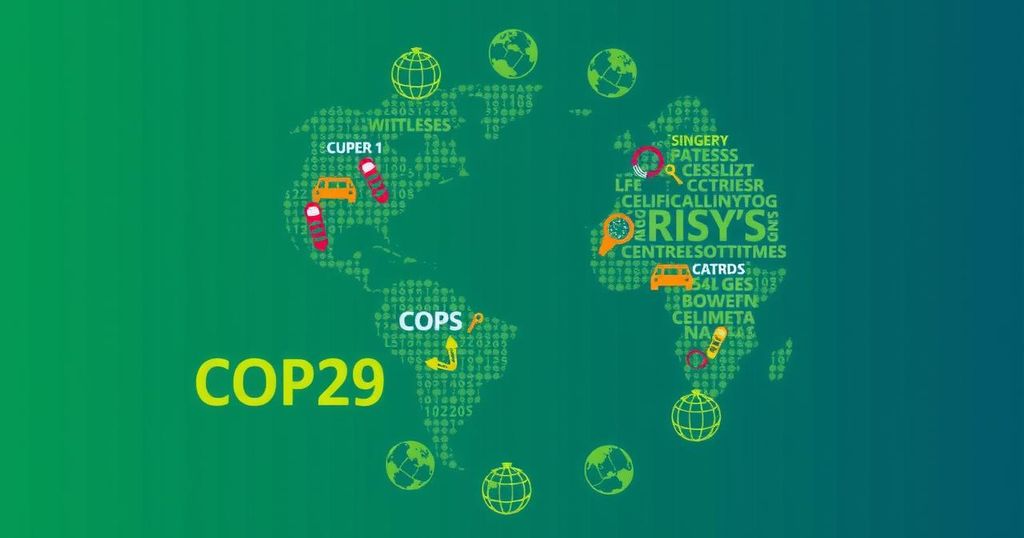The COP29 climate summit in Baku saw President Mukhtar Babayev successfully advance a $300 billion finance plan for developing nations, despite criticism regarding its adequacy. The looming threat of U.S. withdrawal from climate agreements under President Trump and shifting global priorities due to current geopolitical conflicts cast a shadow over these negotiations, highlighting the necessity for trust and commitment among nations.
At the recent COP29 climate summit in Baku, President Mukhtar Babayev faced significant challenges in finalizing a climate finance agreement amidst rising geopolitical tensions. Despite the preparedness for varying outcomes, Babayev succeeded in advancing a $300 billion finance plan aimed at supporting developing nations over the next decade. However, critics, including many from the countries in need, called the agreement insufficient, showcasing dissatisfaction that will complicate future negotiations.
The backdrop to the Baku talks was a climate cooperation landscape strained by anticipated U.S. withdrawal from global commitments under President Donald Trump, who has downplayed climate change. This scenario casts a shadow of uncertainty over future climate negotiations, particularly with the next major conference set for Brazil in 2025. Participants expressed concern about the loss of trust among nations, especially the least developed and small island states that felt marginalized during negotiations.
Furthermore, rising global crises, including the war in Ukraine and increased energy conflicts, have shifted national priorities away from climate action, leading to a desperate need to reinforce financial commitments, particularly from wealthier nations. The challenges presented at COP29 highlight the urgent need for reforms in international climate finance negotiations.
The COP29 summit was convened with the aim of advancing a coordinated global response to climate change; however, it occurred under difficult circumstances. The immediate context included heightened geopolitical tensions and the prospect of significant policy shifts in the United States, particularly regarding climate commitments. Furthermore, a growing trend of nationalism has shifted the focus away from global cooperation on climate action, complicating negotiations and leading to palpable frustration among vulnerable nations.
The events at COP29 underscore critical challenges in global climate negotiations, particularly the pervasive impacts of isolationist policies and geopolitical instability. While the agreement reached can be viewed as a modest success, the backlash from developing nations highlights deep-seated issues of trust and commitment. As the world approaches future conferences, particularly in Brazil, a critical reassessment of negotiation tactics and commitments is paramount to ensure effective climate action moving forward.
Original Source: wmbdradio.com






